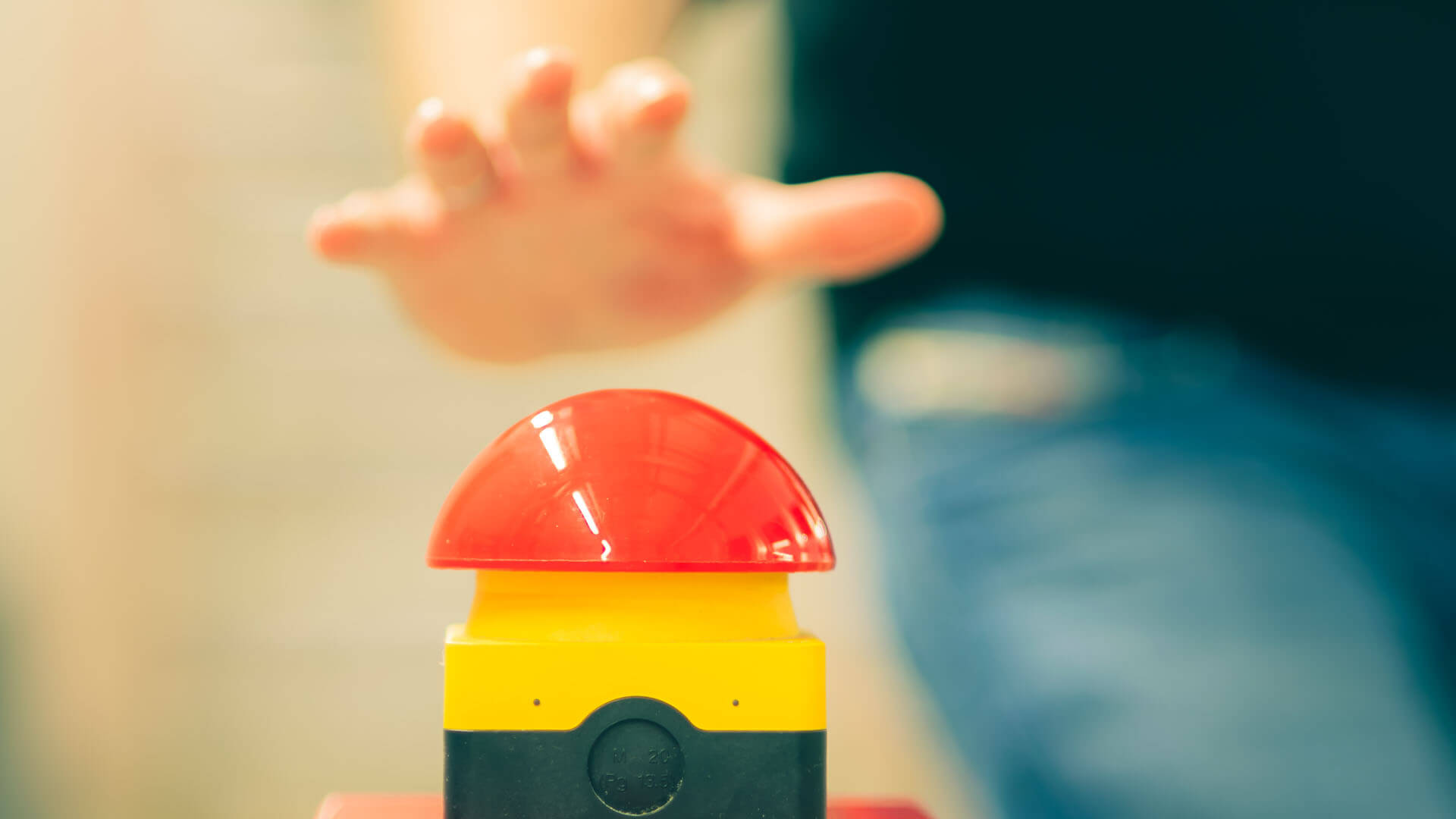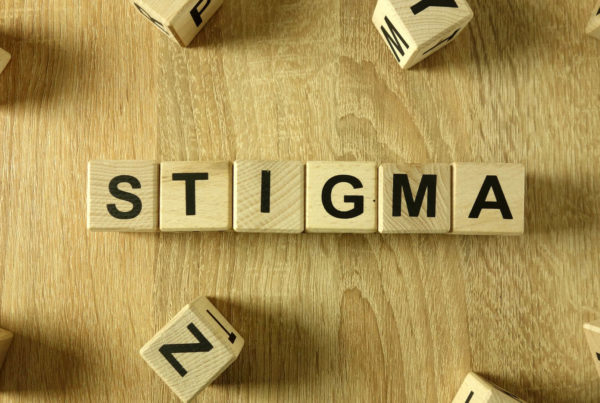(Editor’s Note: Ideas for articles for Healing Magazine come to us in many ways … but inspiration from a TV game show is a first!)
———————–
For the last 36 years Alex Trebek has hosted the game show “Jeopardy!” When the universally respected and beloved Mr. Trebek calls to ask for your participation in a Jeopardy! The Greatest of All Time episode, it’s hard to contain your excitement.
On January 8, 2020 the catagory was “Charities” and actor Glenn Close was filmed posing the “answer:”
“I’m a Co-Founder of Bring Change to Mind, an organization working to end stigma and normalize conversations around mental health. We are changing attitudes and behavior through science and evidence based high school club programs which are expanding across the country. Because I love science, I had this, my full set of chromosomes sequenced to better understand my family’s history of mental illness.”
(FYI: famed Jeopardy! champion James Holzhauer provided the correct “question:” What is a genome?)
The appearance on Jeopardy! prompted Healing Magazine to reach out to Bring Change to Mind to ask us to contribute to its special “Combating Stigma” edition, and we appreciate the chance to introduce its readers to our work.
———————————–
Bring Change to Mind (BC2M) was co-founded in 2010 by Glenn and members of her family, with the mission of ending the stigma and discrimination surrounding mental illness. In the last ten years we’ve successfully leveraged the power of celebrity and media to launch a national dialogue about mental health. We’ve created a social movement around change by providing people with platforms to share, connect, and learn. This work has allowed us to emerge as a leading national voice in normalizing conversations around mental illness. Through the creation and distribution of eight Public Service Announcements (PSAs) and an evidence-based peer-to-peer high school program, BC2M’s message has been seen more than 6 billion times through messaging and advocacy efforts.
(Our most recent PSA launched in April 2020 and is appropriately themed #NoNormal. When we began the creative process six months ago, never could we have imagined that COVID-19 would be ravaging the globe and sending us ALL to a place of #NoNormal…)
Science and evidence-based action is essential to achieving our mission. We ground our work in the latest research (see our research link below), and with the guidance of our esteemed Scientific Advisory Board we have studied stigma from every angle:
- historical evidence;
- the root causes of stigma;
- the implications of cultural stigma;
- the effects of self, familial and institutional stigma;
- and the ways in which to combat this toxic mark on a person’s life.
BC2M HS
Stigma is a learned behavior. One of our guiding principles is to Empower the Future – to build a foundation of broad awareness for deeply engaged change agents such as young people touched by mental illness and motivated to improve the lives of others. We focus on early intervention and prevention with youth.
In the fall of 2015, we launched our high school club program to provide a resource for teens in the school environment. The demand from teens, teachers, and schools has been staggering; by Fall 2020, BC2M will be supporting over 400 high school clubs, in 18 states across the country, serving more than 10,000 students. It’s been a remarkable journey – and the need is far greater than we can accommodate. Our waitlist for schools is in the hundreds and we are partnering with patrons, community partners, corporate sponsors and clinical resources to build a broader network of support.
Our Bring Change to Mind High School approach works from the teen perspective up. Through student-led high school clubs, we provide a platform from which the teen voice, with their opinions and suggestions, can finally be heard. With educated conversation around mental illness, we can change perceptions early on and demystify a topic that affects so many young individuals, either directly through their own experience or indirectly through a family members or friends’ experience.
We don’t think of students as simply the beneficiaries of the change that we hope to see; rather, we see them as partners and drivers in this process of change. Given our published evidence of the clubs’ effects on student knowledge of mental illness, positive attitudes about mental illness, reduced social distance against those with mental illness, and engagement in anti-stigma actions, we expect the impact of our BC2M HS programs to continue to benefit both new members and the thousands of students currently participating in the program.
Over the longer term, we believe that these enhanced impacts will spread beyond the participating students to their classmates, to teachers and school administrators, to parents and family members, and to their communities at large. We document such “expanded” change via school-wide surveys and, in selected schools, to school staff and family members as well. We believe that the program has the potential to help achieve the objective of “cohort replacement,” through which current adolescents–with their natural empathy and social activism, enhanced by club participation–will yield a changed society in future years, as acceptance of mental illness and enhancement of mental health services will be embraced by tomorrow’s leaders.
The students that we have worked with over the last five years are the most inspiring individuals that we could have imagined. They come from public, private, charter and continuation schools. They live in urban, rural, suburban and agricultural areas from Georgia to South Dakota to New York City. They are diverse in socio-economic status, gender identification, ethnic background, personality and philosophy. Despite their differences, they have networked to amplify their advocacy and in doing so built a collective movement of change.
Providing resources to schools
Although BC2M HS is a student-led initiative and every school is encouraged to promote mental health in their own unique way, BC2M provides each campus with a myriad of resources to ensure they can have the greatest possible impact at their school and in their community. The program is no cost to the student or school and is a high-touch model – one BC2M staff person oversees up to 55 schools. Each club receives:
- a $500 grant to fund campus-wide events and activities which promote mental health and self-care;
- t-shirts, banners, and other materials to highlight the presence of the initiative on the campus;
- access to the BC2M club portal that contains a wide range of presentations to increase peer-to-peer learning around mental health and activity ideas that can be used to engage the entire school body;
- a free subscription to the Headspace Meditation App for every club member and faculty advisor;
- free access to regional Annual BC2M Summits;
- and ongoing support from BC2M Headquarters to ensure the club flourishes and grows each year.
Bringing Change to the Future
As students cope with shelter-in-place orders, remote learning and social distancing, never have our clubs been more important than in the time of the COVID-19 pandemic. Members of each of our clubs began meeting virtually every week through Zoom, FaceTime and Slack conversations. We hosted national meetings with guest stars such as Glenn Close and NBA player Kevin Love talking about self-care and answering the students’ questions. We’ve launched a “QuaranTeen” video series, with students submitting 2-minute videos highlighting what they are doing to continue their advocacy and take care of their mental health. We’re confident that the connectivity and community our students have fostered with one another will stave off the isolation, loneliness and anxiety stemming from this worldwide crisis.
Our students are going to make a remarkable change in our country – we are merely providing them with the resources, platform and support that they need to accomplish that. We stand in awe of their power, courage and capability to effect change. In the words of 17-year-old Caden:
“I’ve struggled with mental illnesses and suicidal ideation for almost as long as I can remember, but it was only recently that I managed to get help. For most of my life, I didn’t understand that I had a voice or even a place in the bigger picture, the lack of awareness for mental illness and oppressive stigma making it virtually impossible to speak up. Now, through Bring Change to Mind, people are empowered to open important conversations on mental health and advocate for themselves and others. BC2M’s mission means so much to me: I’ve found my voice and a reason to continue forward, and I know everyone involved with our club feels the same. BC2M gives us the power to make changes and pave the way for progress, and I’m incredibly grateful I’m a part of this movement.”
To learn more about Bring Change to Mind, please visit us at
.
Bring Change to Mind’s published research on combatting stigma among young people is available at: https://psycnet.apa.org/fulltext/2019-58558-001.html






